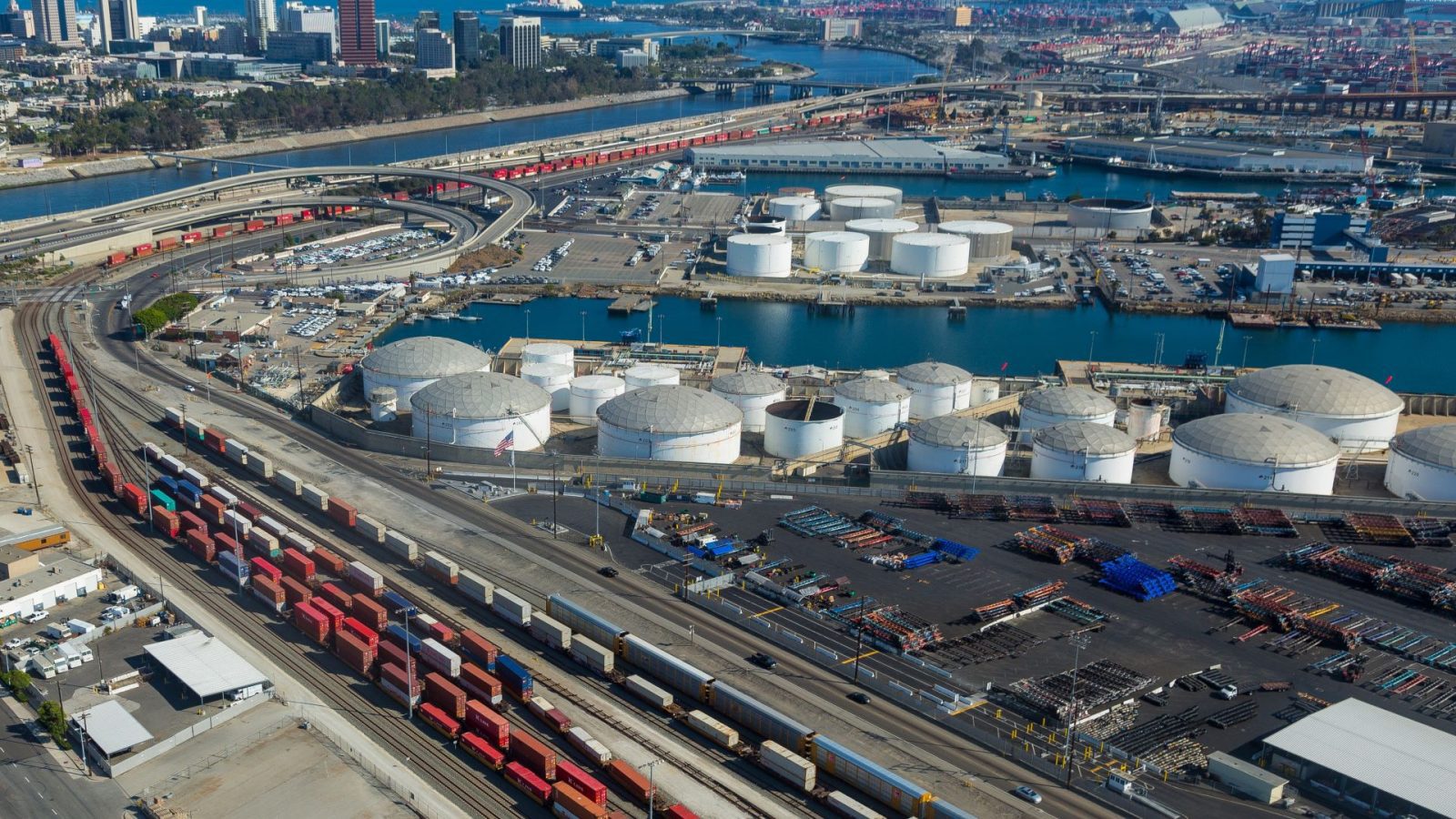Russian ocean cargoes are already having difficulty getting to market as industry and labor get ahead of official government sanctions with unofficial embargoes of their own.
The International Longshore and Warehouse Union, representing about 20,000 dockworkers at West Coast ports, said last week it will not load or unload any Russian cargo imports or exports.
“With this action in solidarity with the people of Ukraine, we send a strong message that we unequivocally condemn the Russian invasion,” ILWU International President Willie Adams tweeted.
“West Coast dockworkers are proud to do our part to join with those around the world who are bravely taking a stand and making sacrifices for the good of Ukraine.” 3/4
— ILWU Coast Longshore Division (@ilwulongshore) March 3, 2022
For the vast majority of cargo handled on the West Coast, the U.S. consignee pays for the freight and chances are high that the exporter in Russia has already been paid by the time the vessel has arrived, according to ocean shipping insiders.
A manager at ship charterer Minship GmbH responded online that the ILWU’s refusal doesn’t punish Russia because Russian shippers will have paid for the cargo. “All this does is financially hurt the U.S. buyers and leave the crew to suffer on board those ships left at limbo at sea.”
The Russian shippers will already have been paid for the cargo so it does not punish Russia, and all this does is financially hurt the ?? buyers & leave the crew to suffer on board those ships left in limbo at sea for how long ? Weeks, months, years ?with eventually no /water
— James McConachie⚓️????????????? (@JMcConachie) March 3, 2022
The ILWU’s threat won’t have a significant impact because the amount of Russian-related cargo that moves across West Coast docks is small.
There were 7,371 twenty-foot equivalent units with Russian imports and exports that moved across the docks at the ports of Long Beach and Los Angeles in 2021, or four-tenths of 1% of all containerized cargo, according to data from the Long Beach port authority.
Oil bulk imports from Russia amounted to about 2% to 3% of total imports at the Port of Long Beach last year. Combined container and bulk trade represents two-tenths of 1% of all two-way volume with Russia at the Port of Los Angeles, spokesman Philip Sanfield said.
“While a relatively small share of the port’s trade is with Russia, the Port of Long Beach nevertheless stands in solidarity with the ILWU and the city of Long Beach,” the Port of Long Beach said in a statement.
But longshoremen and the ports won’t even get an opportunity to reject oil cargo anymore because President Joe Biden on Tuesday announced a ban on Russian oil and gas imports.






